The intertwined challenges of climate change and the need for sustainable practices are reshaping the global economy. Understanding the economic implications of these issues is crucial for individuals, businesses, and policymakers alike. This article delves into the relationship between climate change and economics, exploring how green economics can pave the way for a more sustainable future.
Key Takeaways:
- Climate change poses significant economic risks, impacting industries, infrastructure, and global trade.
- Green economics provides a framework for integrating environmental considerations into economic decision-making.
- Sustainable development requires innovative policies and investments in renewable energy, resource efficiency, and circular economy models.
- Transitioning to a green economy offers opportunities for job creation and economic growth.
Understanding the Economic Impact of Climate Change
Climate change is not just an environmental problem; it’s a significant economic threat. The impacts of rising temperatures, extreme weather events, and sea-level rise are already being felt across various sectors. Agriculture suffers from droughts and floods, disrupting food supply chains and increasing prices. Coastal communities face the risk of displacement and infrastructure damage. Insurance companies are grappling with increased payouts due to climate-related disasters.
The economic costs of inaction are staggering. Studies estimate that unchecked climate change could shrink the global economy by trillions of dollars in the coming decades. Conversely, investing in climate mitigation and adaptation measures can generate substantial economic benefits. For example, transitioning to renewable energy sources can create new jobs, reduce reliance on fossil fuels, and improve energy security. Improved air quality resulting from cleaner energy sources can also have direct positive impacts on public health and the economy. This change requires funding. The commitment of $11.6 gb to international climate finance is one such example.
What is Green Economics?
Green economics is an alternative economic framework that recognizes the interdependence between human economies and the natural environment. It moves away from the traditional focus on maximizing Gross Domestic Product (GDP) and instead emphasizes sustainable development, environmental protection, and social equity.
Unlike traditional economics, which often treats environmental resources as externalities, green economics internalizes these costs and benefits into economic calculations. This means accounting for the value of ecosystem services, such as clean air and water, pollination, and carbon sequestration. It also involves pricing environmental damages, such as pollution and resource depletion, to reflect their true costs to society.
Implementing Green Economics Strategies
Several strategies can be employed to implement green economics principles and promote sustainable development.
- Carbon Pricing: Putting a price on carbon emissions, either through a carbon tax or a cap-and-trade system, incentivizes businesses and individuals to reduce their carbon footprint.
- Renewable Energy Investments: Supporting the development and deployment of renewable energy technologies, such as solar, wind, and hydropower, reduces reliance on fossil fuels and creates clean energy jobs.
- Resource Efficiency: Promoting the efficient use of resources, such as water, energy, and materials, reduces waste and lowers environmental impacts.
- Circular Economy: Transitioning from a linear “take-make-dispose” economy to a circular economy, where materials are reused, repaired, and recycled, minimizes waste and conserves resources.
- Sustainable Agriculture: Promoting agricultural practices that conserve soil, water, and biodiversity, and reduce the use of harmful pesticides and fertilizers.
- Green Finance: Directing investments towards environmentally sustainable projects and businesses. This includes green bonds, impact investing, and environmental, social, and governance (ESG) investing.
Opportunities in Green Economics
The transition to a green economics system presents significant opportunities for innovation, job creation, and economic growth.
- Green Jobs: The renewable energy sector, energy efficiency industries, and sustainable agriculture are creating new jobs in fields such as solar panel installation, wind turbine maintenance, and organic farming.
- Innovation: The need for sustainable solutions is driving innovation in areas such as renewable energy technologies, carbon capture and storage, and sustainable materials.
- Competitive Advantage: Businesses that adopt sustainable practices can gain a competitive advantage by reducing costs, improving their brand reputation, and attracting environmentally conscious customers.
- Economic Growth: Investing in green infrastructure, such as renewable energy projects and energy-efficient buildings, can stimulate economic growth and create new markets.









